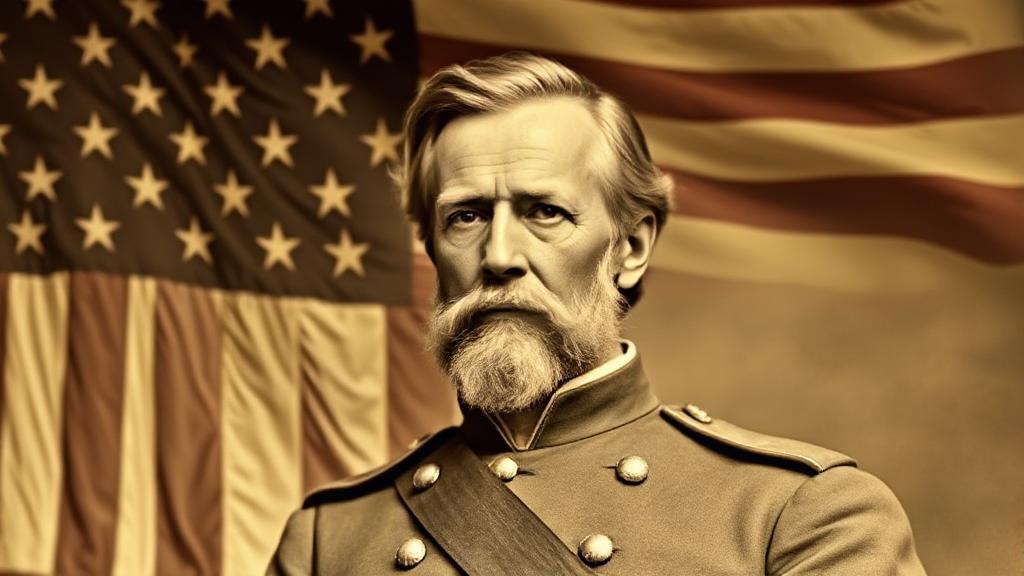Early Life and Military Career
Robert Edward Lee was born on January 19, 1807, at Stratford Hall in Virginia. He was the son of Henry "Light-Horse Harry" Lee III, a Revolutionary War hero and former governor of Virginia, and Anne Hill Carter Lee. Despite his prestigious background, young Robert faced financial hardships after his father's death.
Lee attended the United States Military Academy at West Point, where he graduated second in his class in 1829 without receiving a single demerit—a rare achievement. His early military accomplishments included:
- Engineering work along the Mississippi River
- Distinguished service in the Mexican-American War (1846-1848)
- Appointment as Superintendent of West Point (1852-1855)
- Command of forces that suppressed John Brown's raid at Harper's Ferry (1859)
The Civil War Decision and Command
When the Civil War broke out in 1861, Lee faced what he called the most difficult decision of his life. Despite being offered command of the Union Army by President Abraham Lincoln, Lee chose to side with his home state of Virginia after it seceded. He famously stated:
"I cannot raise my hand against my birthplace, my home, my children."
Leadership of the Confederate Army
Lee was appointed as a senior military advisor to Confederate President Jefferson Davis and later took command of the Army of Northern Virginia. His notable victories included:
- The Seven Days Battles
- Second Battle of Bull Run
- Battle of Fredericksburg
- Battle of Chancellorsville
However, Lee's aggressive strategy at Gettysburg proved costly, marking a turning point in the war. Despite these setbacks, he remained a respected figure among his troops, often referred to as "Marse Robert."
Post-War Life and Education
After the Confederacy's defeat in 1865, Lee was paroled and accepted the presidency of Washington College (now Washington and Lee University) in Lexington, Virginia. During his tenure, he:
- Expanded the curriculum
- Increased enrollment
- Promoted reconciliation between North and South
- Established the institution's first journalism courses
Contemporary Controversy and Legacy
The debate over Lee's legacy has intensified in recent years, particularly regarding monuments and historical interpretation. Modern historians increasingly examine Lee's relationship with slavery and race, challenging traditional narratives that portrayed him as merely fighting for state's rights. Evidence shows he:
- Owned slaves
- Opposed racial equality
- Supported the institution of slavery
The Monument Debate
Many cities have removed Lee monuments, sparking intense debate about how to remember complicated historical figures. The Southern Poverty Law Center provides resources on the ongoing efforts to address Confederate symbols in public spaces.
Educational Impact
Lee's influence on American education continues through various institutions:
| Institution Type | Number Named After Lee | Current Status |
|---|---|---|
| Schools | 100+ | Many renamed |
| Universities | 2 | Some debate |
| Military Facilities | Several | Under review |
The complexity of Lee's character and legacy reflects broader American struggles with race, memory, and identity. His impact on American history extends beyond his military career, as his decision to surrender peacefully helped prevent a prolonged guerrilla war. As society continues to grapple with these issues, his story serves as a focal point for discussions about how to remember and learn from challenging aspects of our national history.
